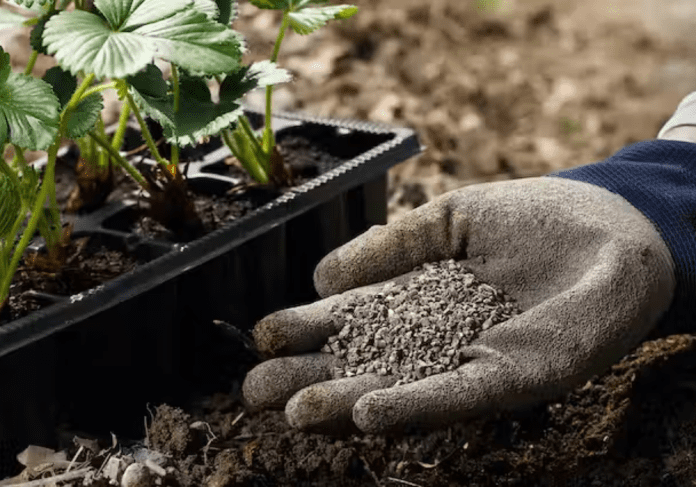The Russian government is working on sending two shipments of free fertilisers to Nigeria and Kenya. With the high fertiliser prices threatening Nigeriaâs most important planting season, this is good news.
Sergey Vershinin, the countryâs deputy foreign minister, confirmed the news while speaking to state-owned news channel, Rossiya 24 TV. It will be the second set of fertiliser shipments that Russia is donating to âcountries that need them the mostâ.
In November 2022, the country had shipped the first ones to Malawi. These efforts are both humanitarian and necessitated.
Why is Russia shipping free fertiliser to African countries?
An outcome of the invasion of Ukraine was that shipments from Russia were blocked for the early part of the conflict. The reason for this was the fear that cargo ships may be used to carry weapons to launch surprise attacks and also, because of trade sanctions.
Then, the Black Sea Grain deal, brokered by the U.N., came into play. However, this was after there was already million tons of agricultural produce and inputs stuck in European ports. To clear them, some Russian companies, like Uralchem-Uralkali, agreed to donate some fertiliser to humanitarian efforts. Also, there is the fact that some companies refused to continue dealing with Russia after it invaded Ukraine, thus, there were not much options left for the shipments.
According to a news report, there were originally thousands of tons of fertilisers stuck in countries like Latvia, Estonia, Belgium, and the Netherlands. Russia donated 262,000 tons of fertilisers, as UN spokesperson Stephane Dujarric said. In a statement, President Vladimir Putin claimed that several African countries had reached out to his administration to receive the stuck fertilisers.
It is not clear what will happen with the Black Sea Grain deal yet as the expected date of closure is May 18, 2023, and the stakeholders have not reached a new agreement for extension.
How will Nigerian farmers receive the free fertilisers?
Nigeriaâs Federal Ministry of Agriculture & Rural Development (FMARD) has not issued a statement regarding the inbound free fertiliser shipments. Likely, the effective thing to do is work with local cooperatives, organisations, and associations to ensure that it is fairly shared among farmers.
The responsible agency or ministry should also monitor the impact of the fertlisers on crop yield. In addition, the country needs to plan on sustainability as free fertilisers are not realistic measures to solve the fertiliser problem that is plaguing the agric sector in Nigeria.



